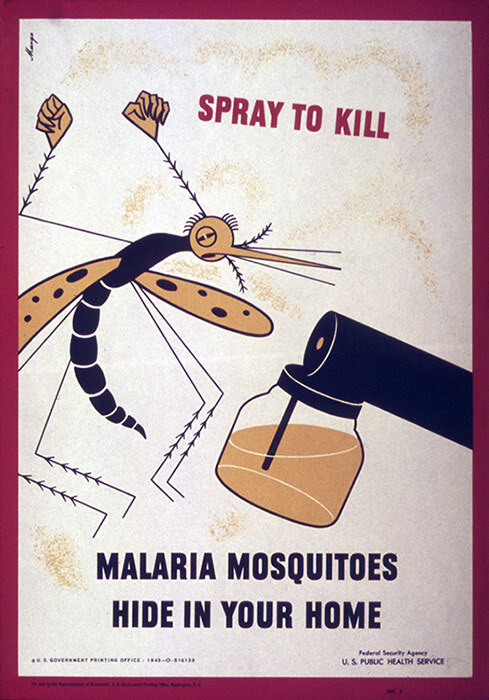ZIKA VIRUS THREAT: DON’T DOUBLE DOWN ON TROUBLE
Editorial by Miles Benson
First responders to any Zika virus threat in this country had better be careful. Very careful.
The worst consequences of exposure to the disease itself are scary. But those fighting Zika should avoid tactics that risk piling on collateral damage. Elected officials charged with protecting public health and also those appointed to similar positions in the numerous local, state and federal agencies whose job it is to combat health emergencies on the ground should also recognize and try to limit an additional problem. That concern is whether, and how much, any new chemicals employed widely against Aedes aegypt, the mosquito that carries the virus, will add to the toxic chemical brew that has been building up in the environment over the past 50 years of agricultural and industrial commerce.
The public currently is exposed to tens of thousands of chemicals deemed “safe” mainly by people making and selling them. A rising chorus of concern is being voiced by environmentalists who question the safety of these chemicals, particularly when they become mixed with other toxins the public encounters daily. Many fear that a half century of exposure to environmental contaminants is associated with neurological defects, including autism, memory loss, mood changes, disorientation, infertility and genetic anomalies throughout our population.

Photo: Office for Emergency Management. Office of War Information.
Domestic Operations Branch. Bureau of Special Services.
(03/09/1943 – 09/15/1945)
Horror Story
Today, Americans are watching a horror story unfolding across Central and South America where women infected by the Zika virus are giving birth to children with abnormally small heads, a condition called microcephaly, that is associated with incomplete brain development. While the public may expect that massive spraying of pesticides would prevent outbreaks here, the New York Times reported that the Aedes aegypti mosquito is “relatively impervious” to outdoor spraying. That might mean more reliable and perhaps more lethal chemical formulas will be deployed by manufacturers if Zika outbreaks here begin to occur and trigger public panic.
We live in a sea of uncertainty. Zika could spread to the continental U.S. … or not.
